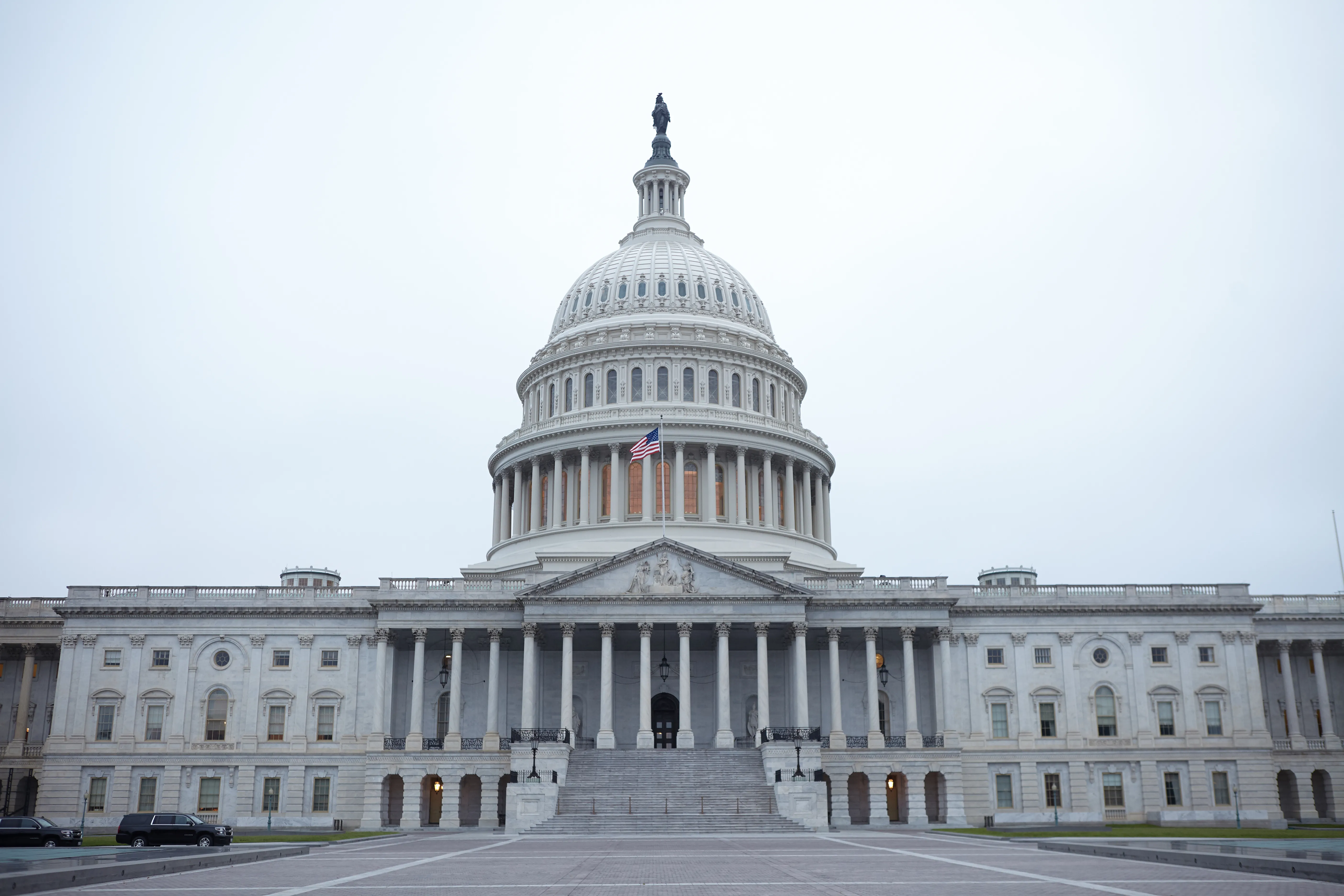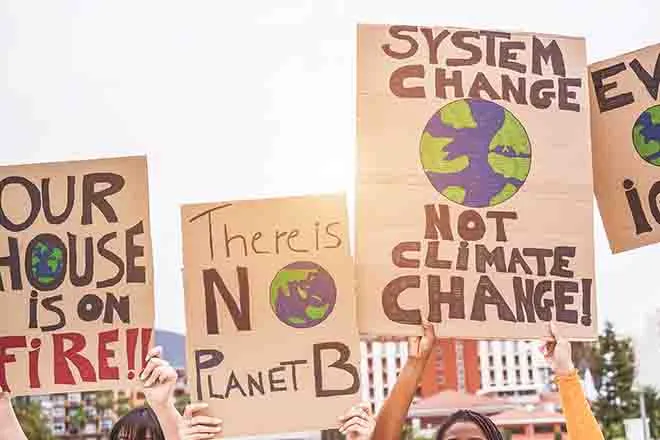
Politics: 2024Talks - June 14, 2024
Politics and views in the United States.
The Supreme Court for now protects access to abortion drug mifepristone, while Senate Republicans block a bill protecting access to in-vitro fertilization. Wisconsin's Supreme Court bans mobile voting sites, and colleges deal with funding cuts as legislatures target diversity programs.
TRANSCRIPT
Welcome to 2024 Talks, where we're following our democracy in historic times.
No one should be celebrating this decision.
This decision should have been an obvious one.
And let us not forget, this decision was based not on the merits, but on a lack of standing.
We are not yet out of the woods.
Senate Majority Leader Chuck Schumer says Democrats will have to defend the right of women and their doctors to make reproductive health decisions.
The Supreme Court ruled unanimously that a pro-life group failed to show they were harmed by the FDA expanding access to abortion drug Mifepristone.
But the court didn't rule on the substance of the case.
In another post-Roe dispute, Senate Republicans are blocking a bill to protect access to IVF.
Pennsylvania Democratic Representative Susan Wild says attacks on reproductive care have spiked since Alabama's Supreme Court ruled all embryos have rights, effectively banning the fertility treatment there.
Women's autonomy to make their own medical decisions should not be up for debate.
And their bodies should not be pawns used by politicians to score cheap political points.
In the coming weeks, the U.S. Supreme Court could overturn or modify what's known as the Chevron Deference.
Currently, courts defer to federal agencies in sorting out ambiguities in areas they regulate.
But Jim Murphy with the National Wildlife Federation says this conservative majority has shown an eagerness to limit the power of executive departments.
We're already seeing the effects of a court with an anti-regulatory bent, ignoring the agency's and ignoring science and defining terms in ways that it views as favorably.
New filings show Supreme Court Justice Clarence Thomas took more free trips paid for by a conservative mega-donor than he previously disclosed, some worth millions.
Democratic Whip and Senate Judiciary Chair Dick Durbin says it's time for legislation with a binding code of ethics, including stricter transparency and new recusal requirements.
This legislation's ethical and recusal requirements would apply to every justice on the Supreme Court, regardless of the party of the president who appointed them.
This should not be a partisan issue.
Wisconsin's state Supreme Court is banning mobile voting locations to cheers from conservatives.
The court did keep rules, letting clerks choose alternate absentee voting sites, and University of Wisconsin political scientist Barry Burden says they should still be able to sort out the complicated logistics.
They face a lot of difficulties trying to find sites that are available.
They're often repurposing a church or a school or a community building.
Some universities are scrambling to shift their budgets as lawmakers ban funding for diversity programs.
According to a new report from the American Association of University Professors, state lawmakers have filed more than 150 bills aimed at college governance and academic freedom since 2021.
Isaac Kamala is with the AAUP.
The teaching and research that takes place within those institutions has to be free from external pressures to ensure that what takes place in the classroom and research pursues truth wherever it leads, not where those with political and economic power wish it.
I'm Edwin J. Vieira for Pacifica Network and Public News Service.
Find our trust indicators at publicnewsservice.org.
















